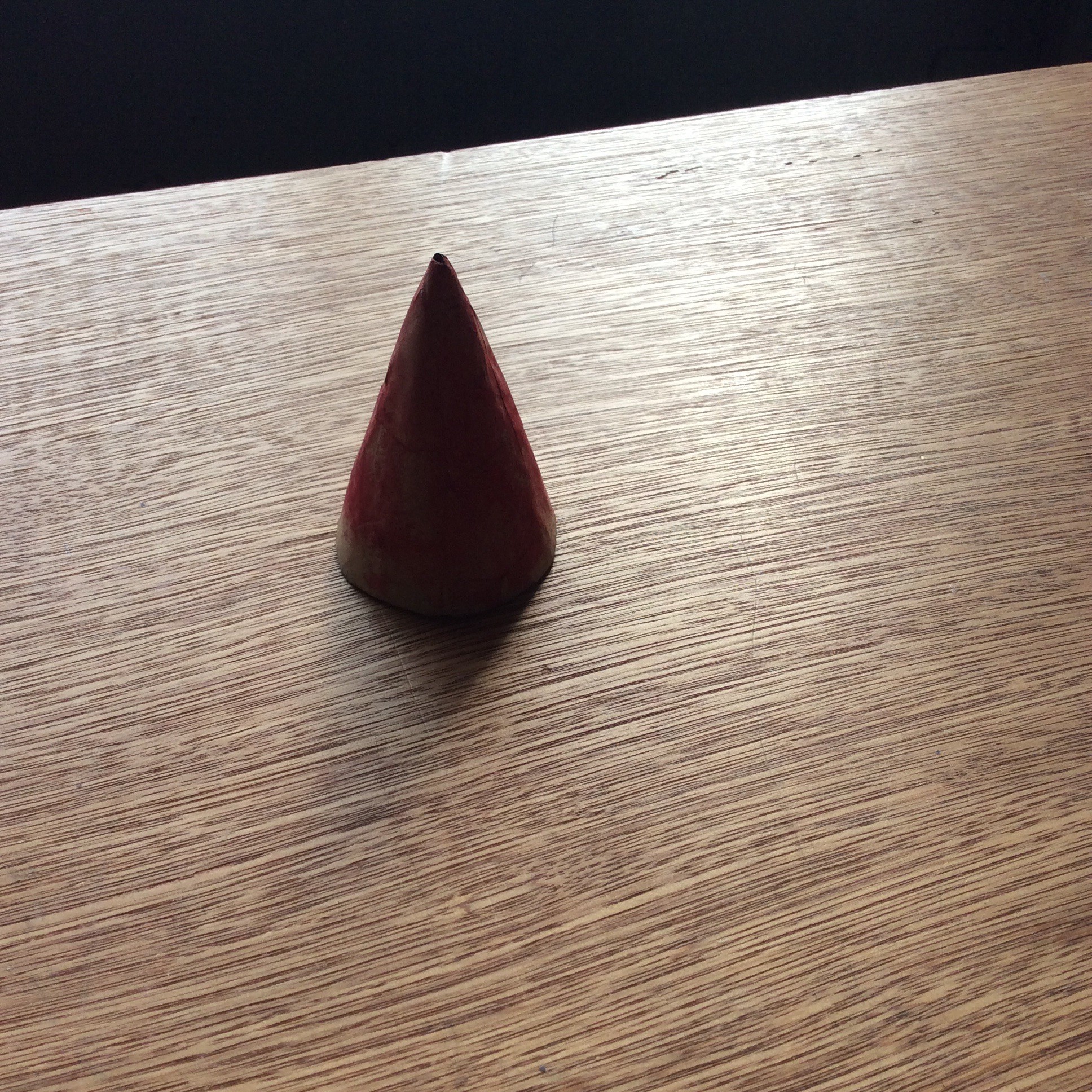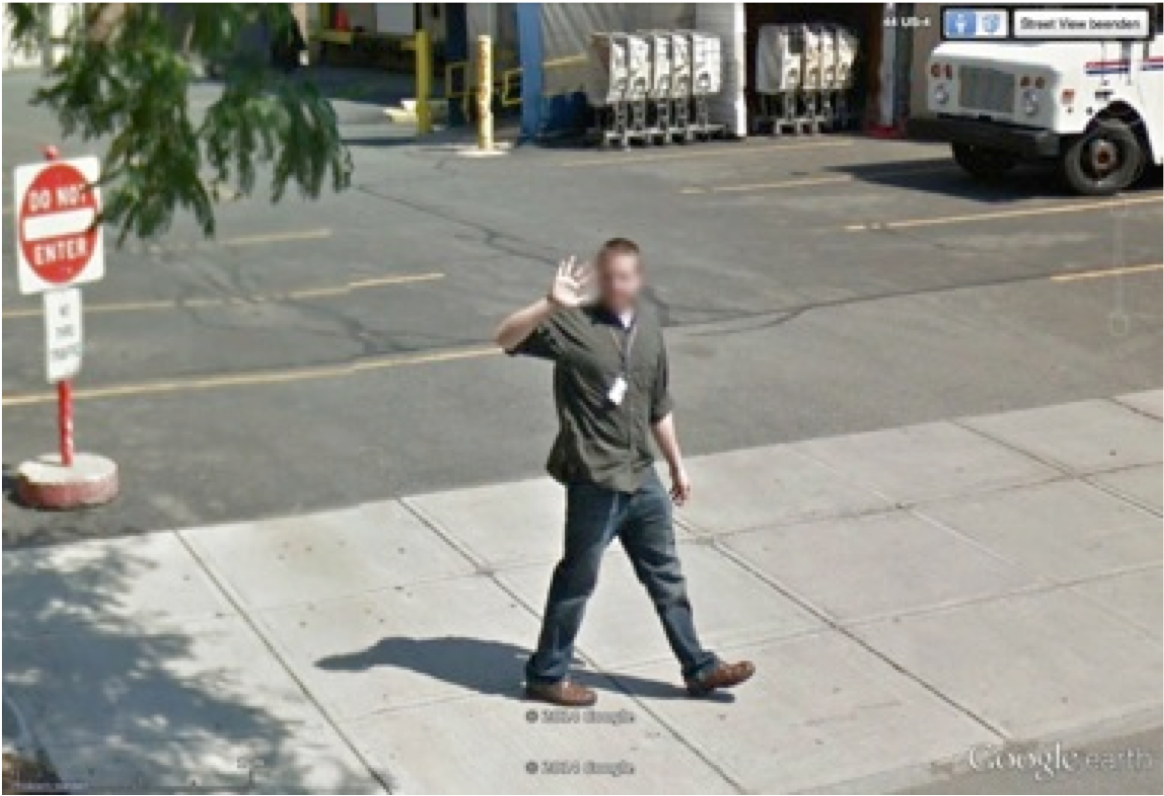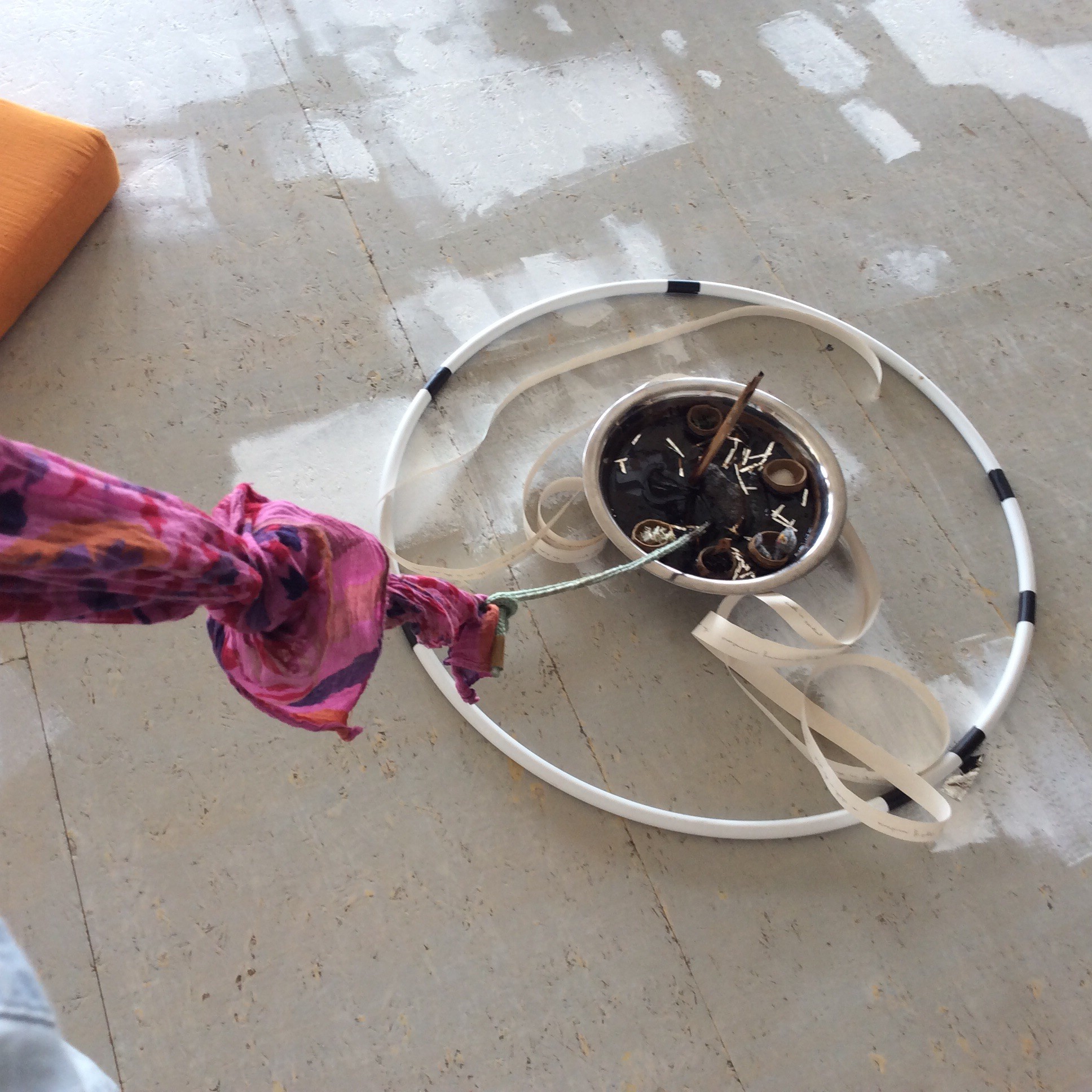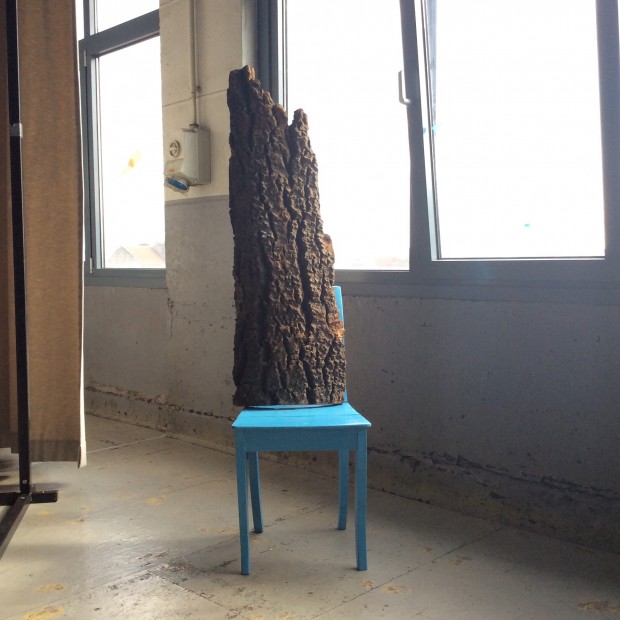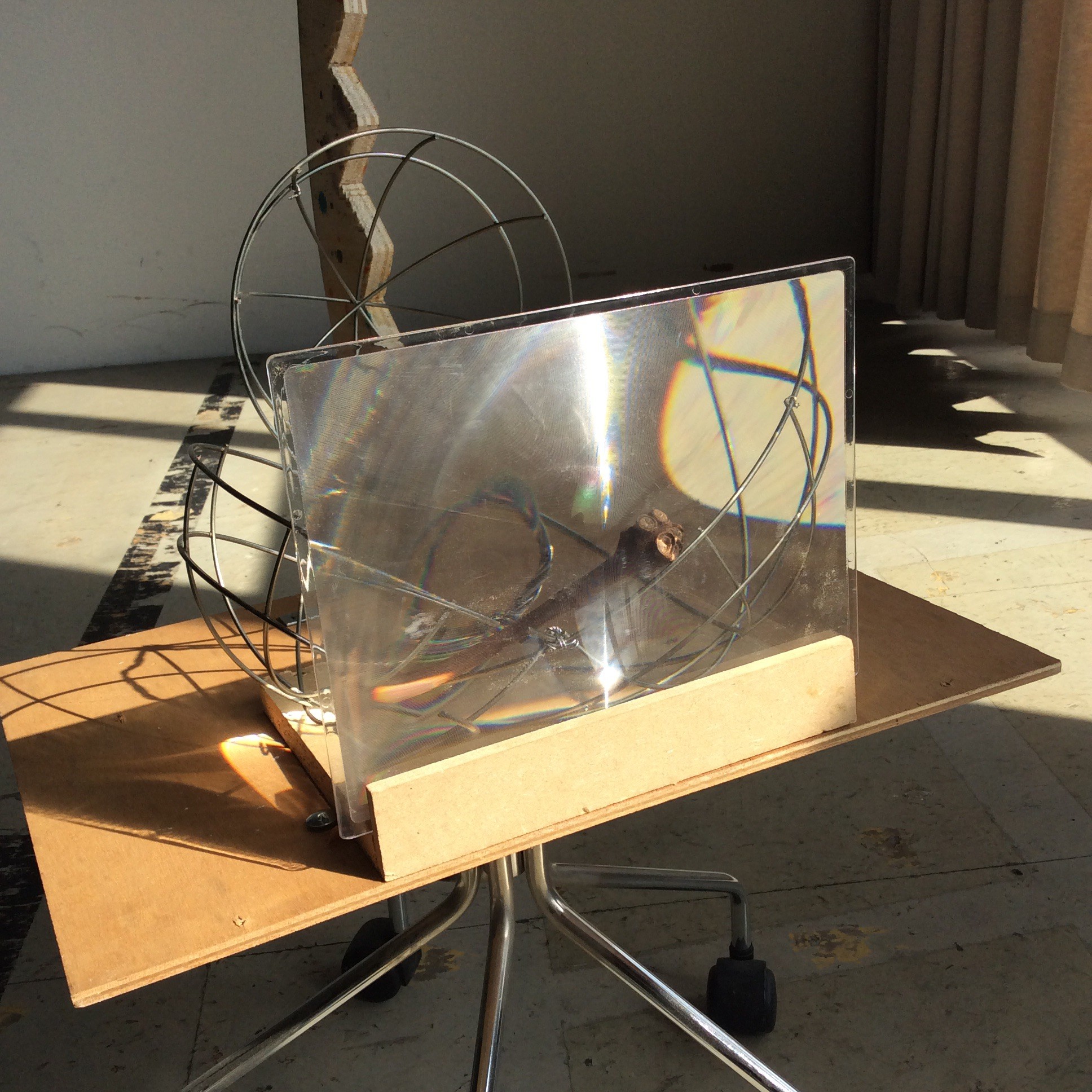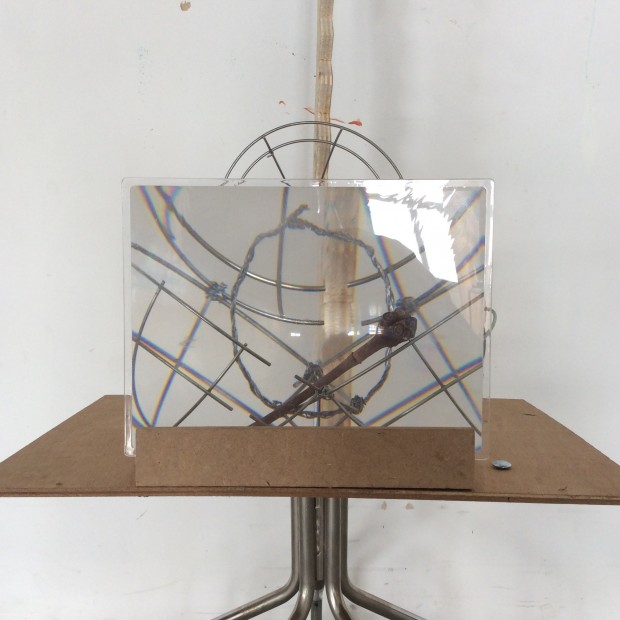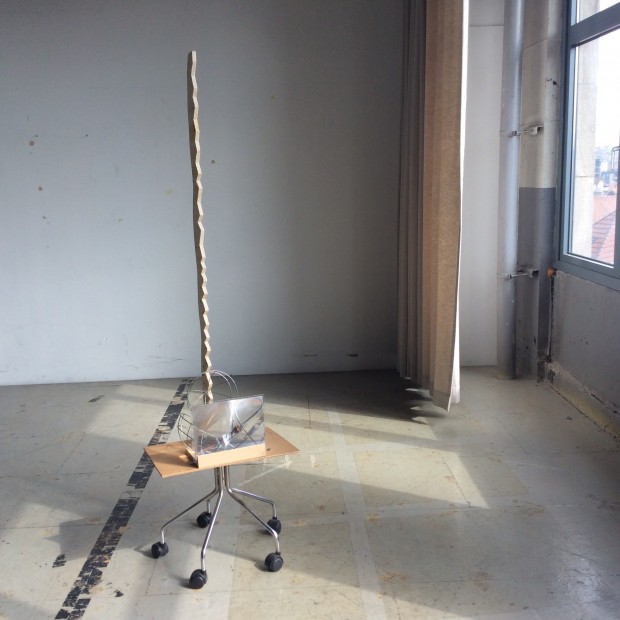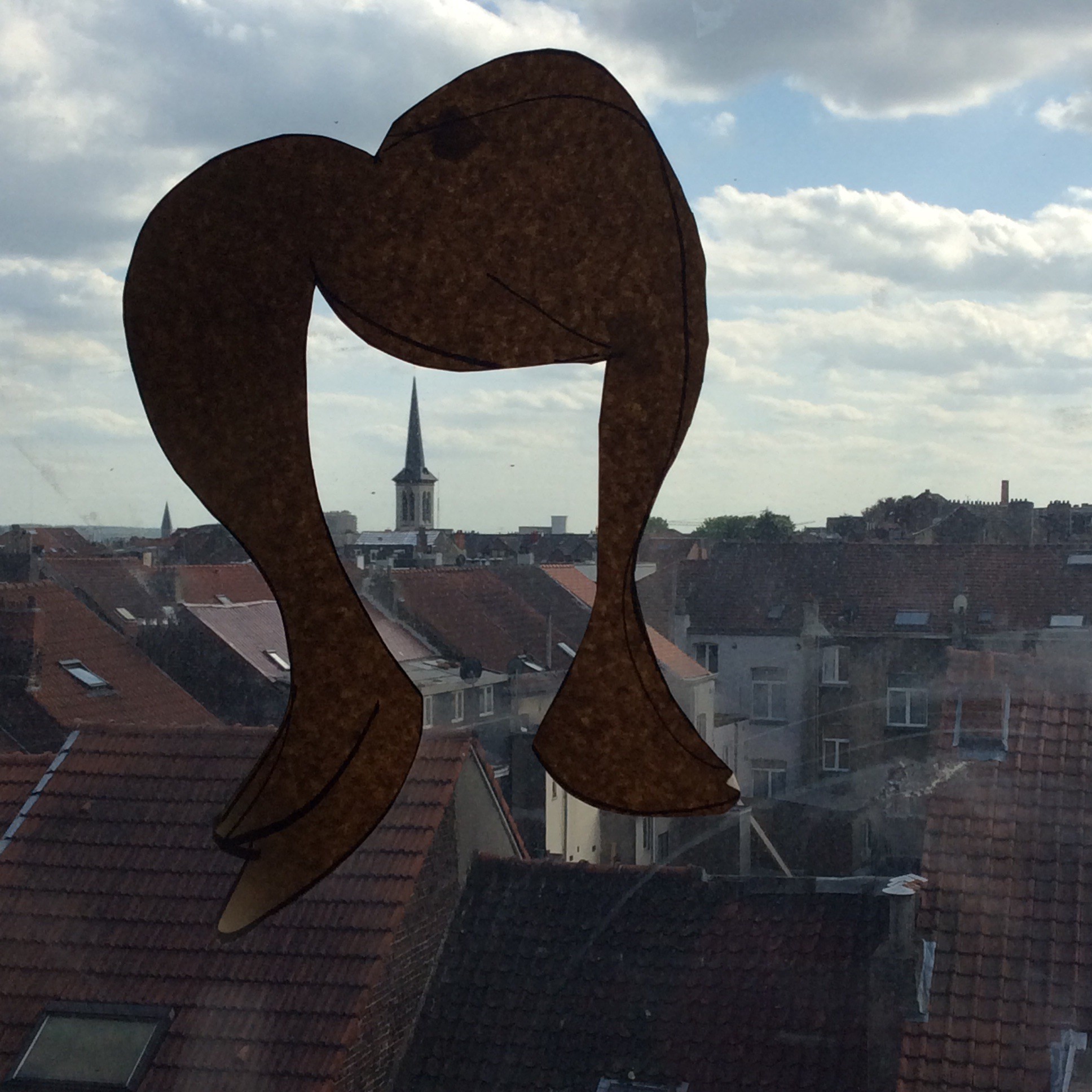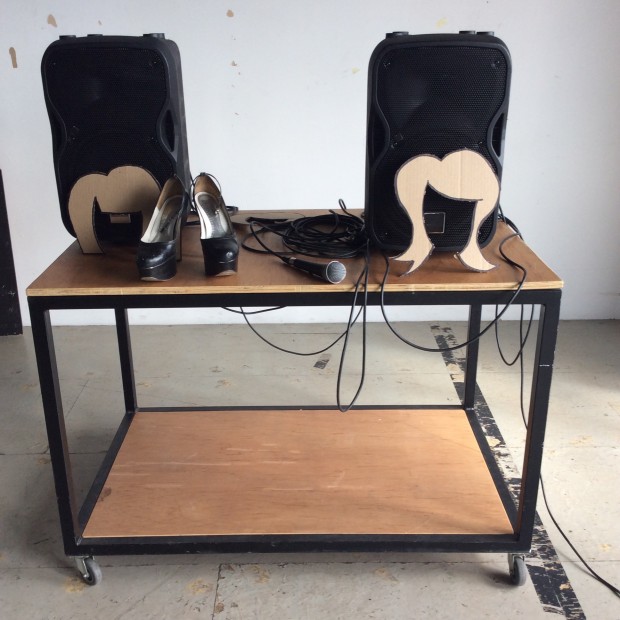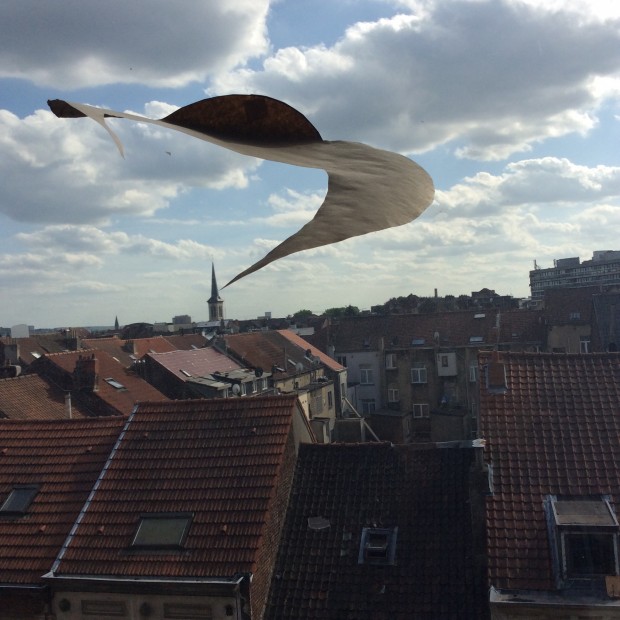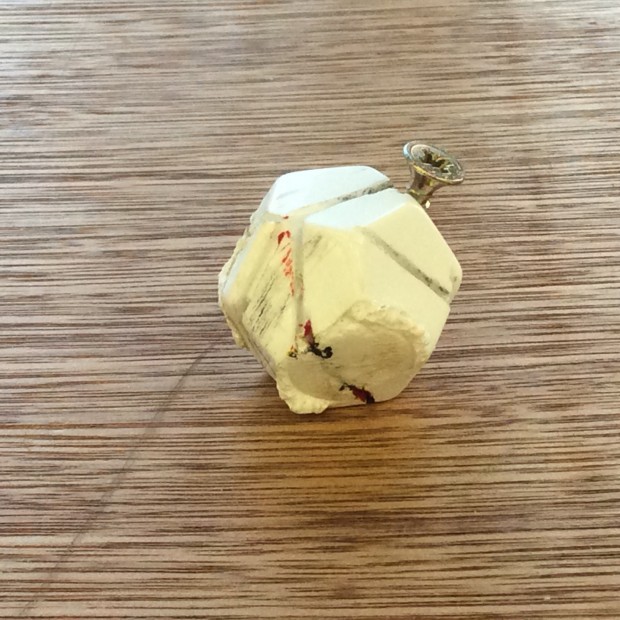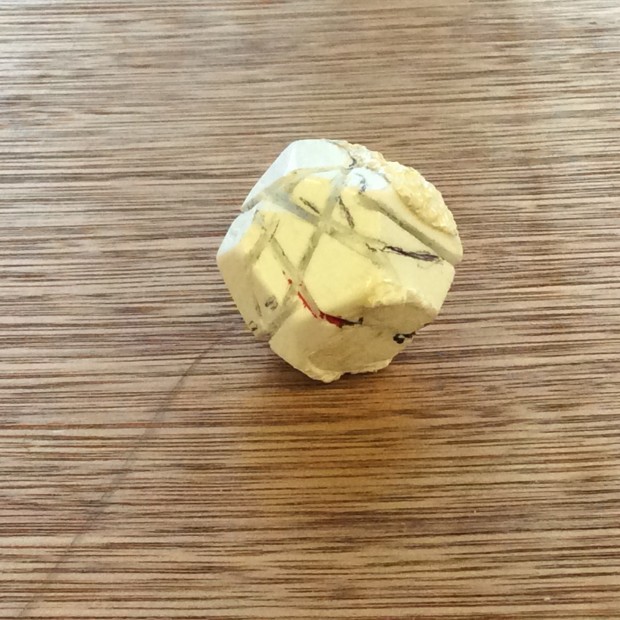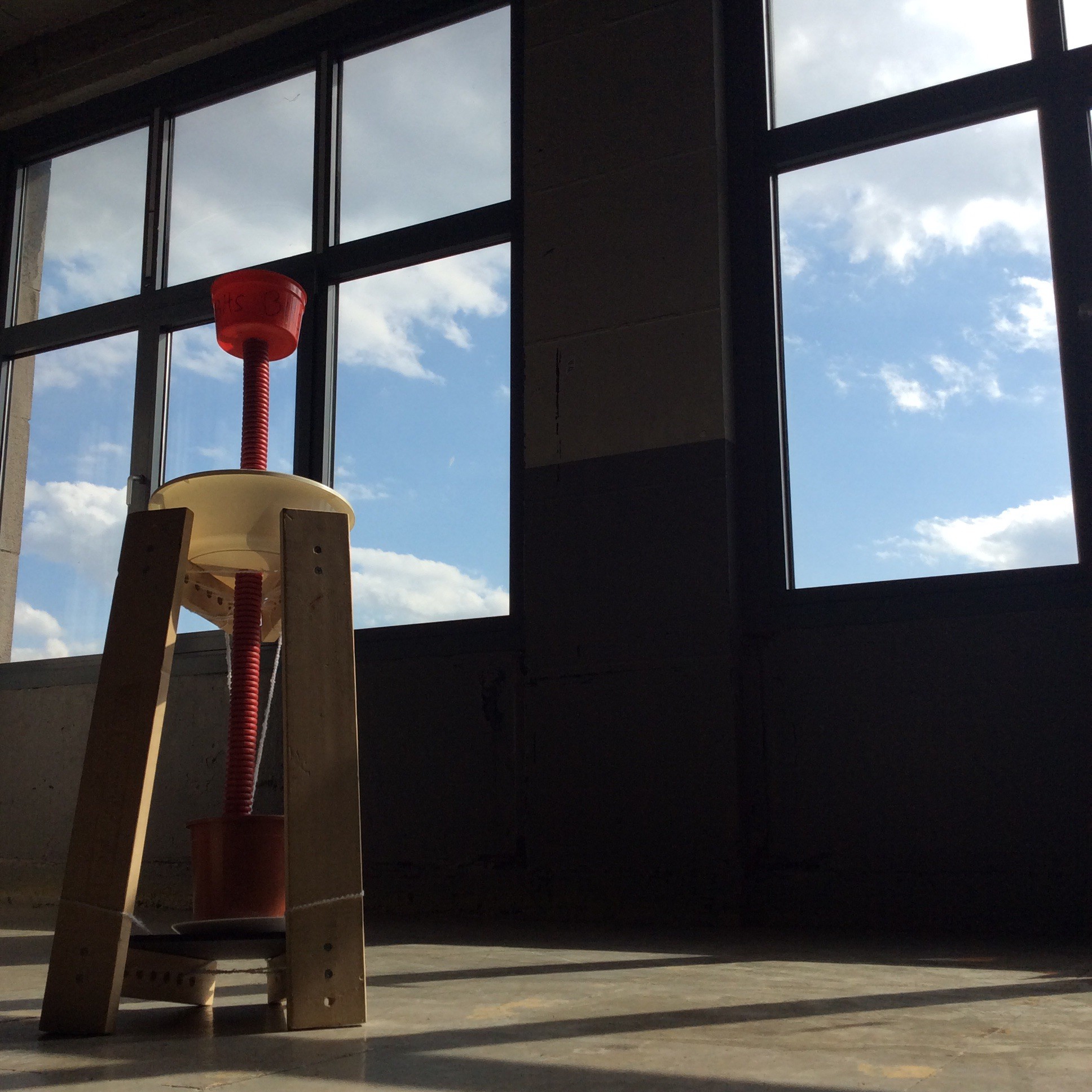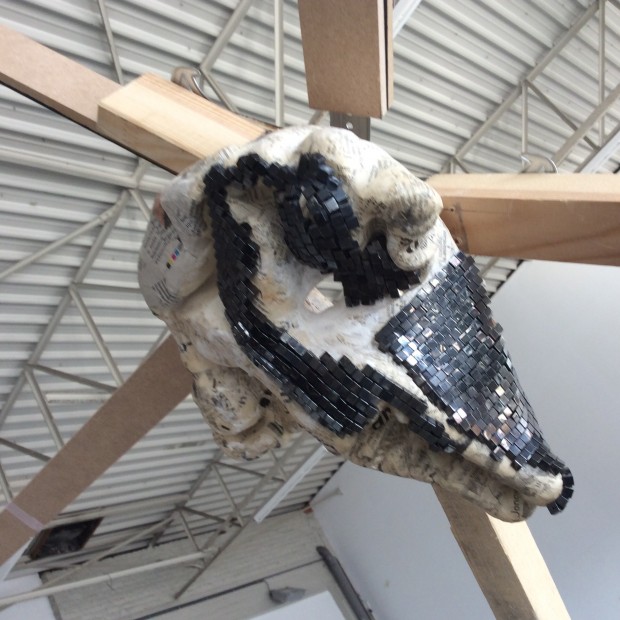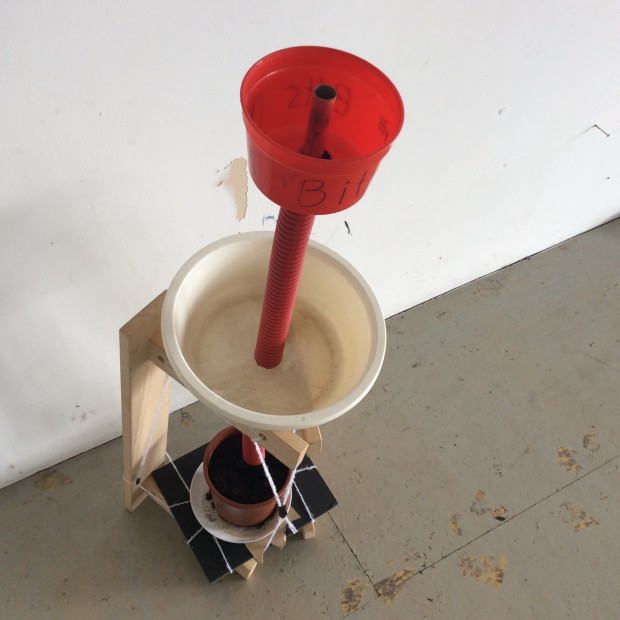postgraduate program, research center
2015 BLOCK II
1 May-31 July 2015
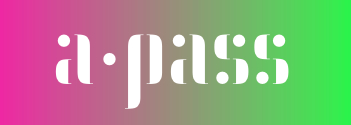
Read more..
information, postgraduate program
Self-Interview & Peer-to-Peer mentoring
1 May-31 July 2015
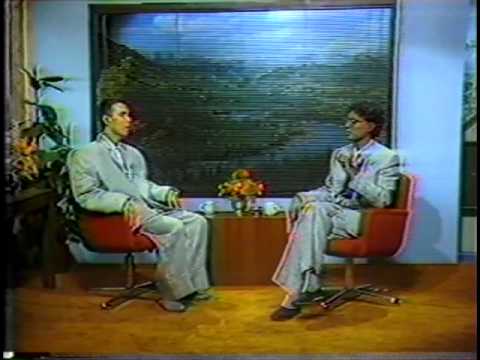
Read more..
postgraduate program, workshop
Nicolas Galeazzi BRICOLAGE
4-8 May 2015 / a.pass
a tool for opening the block
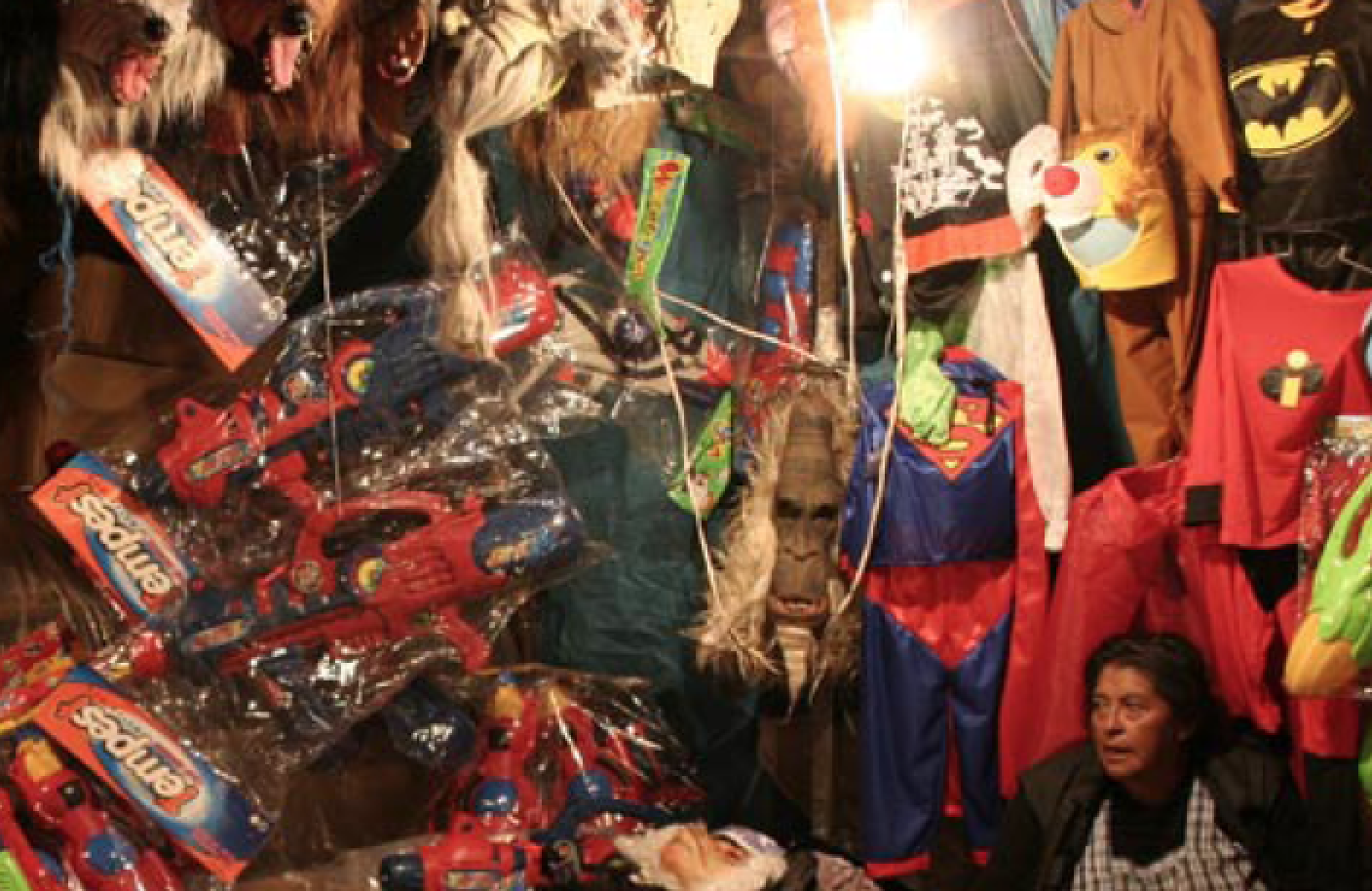
Read more..
postgraduate program, research center
a.pass research centre The House of Spirits
10 May-24 July 2015
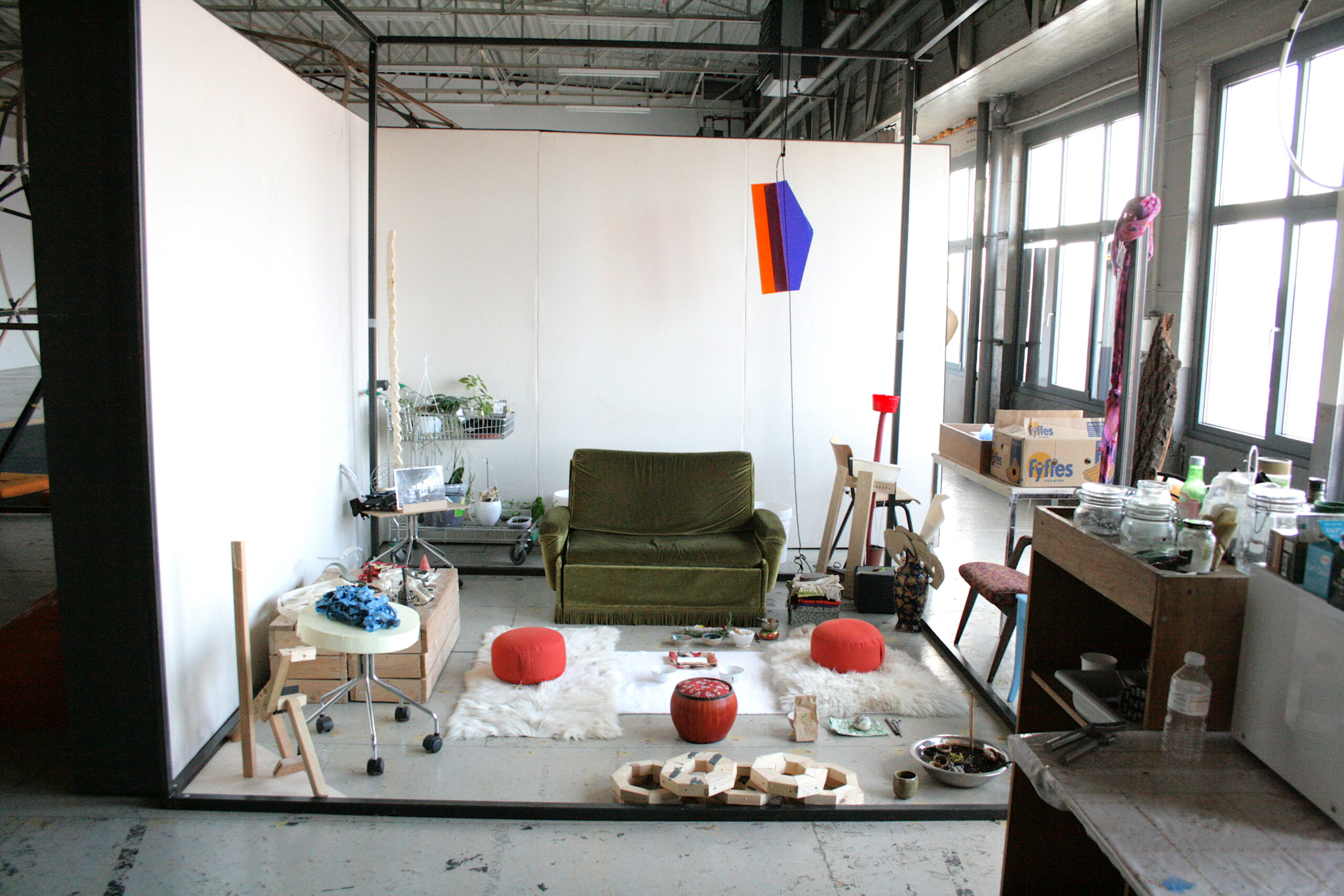
The House of Spirits is a common space for the (re)collection, digestion and transformation of the traces of the individual researches and workshops. The House opens up a space for the shamans/conservators of the Research Centre, as well as some of the participants. Every week another shaman practices in the House of Spirits, working with the case objects of the participants or with left-overs of the workshop, developing a shared ritual for the a.pass group. The strategies of the shaman include reordering, cataloguing, magical transformations, ritual alchemy, displacement and fictionalisation.
Read more..postgraduate program, reading session, research center
Reading Circle
11 May-29 August 2015 / a.pass
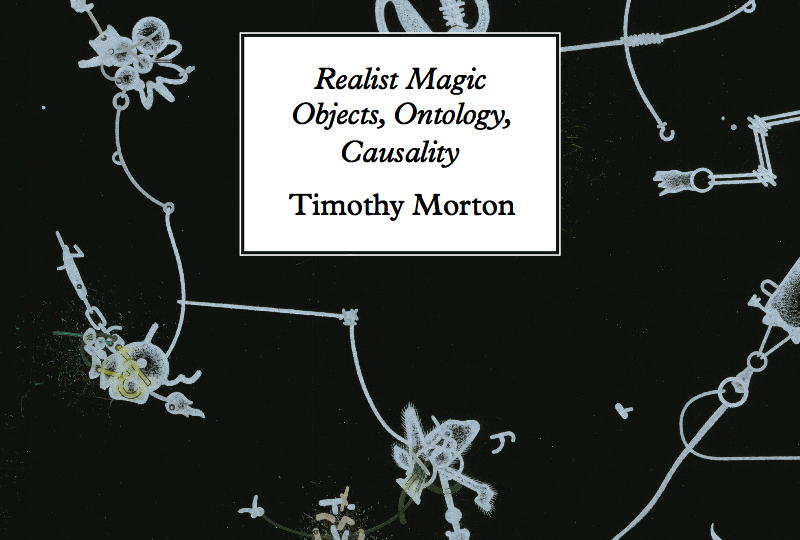
As a red thread throughout the block the participants engage in a weekly communal reading practice of the book ‘Realist Magic – Object, Ontology, Causality’ by Timothy Morton.
Reading and discussing in-depth this one central text allows for the development of a common ground of reference and connection that functions as a backdrop to the workshops and practices that shape the block. The Reading Circle happens on Monday evenings from 6pm to 10pm.
performative publishing
Yari
12 May 2015
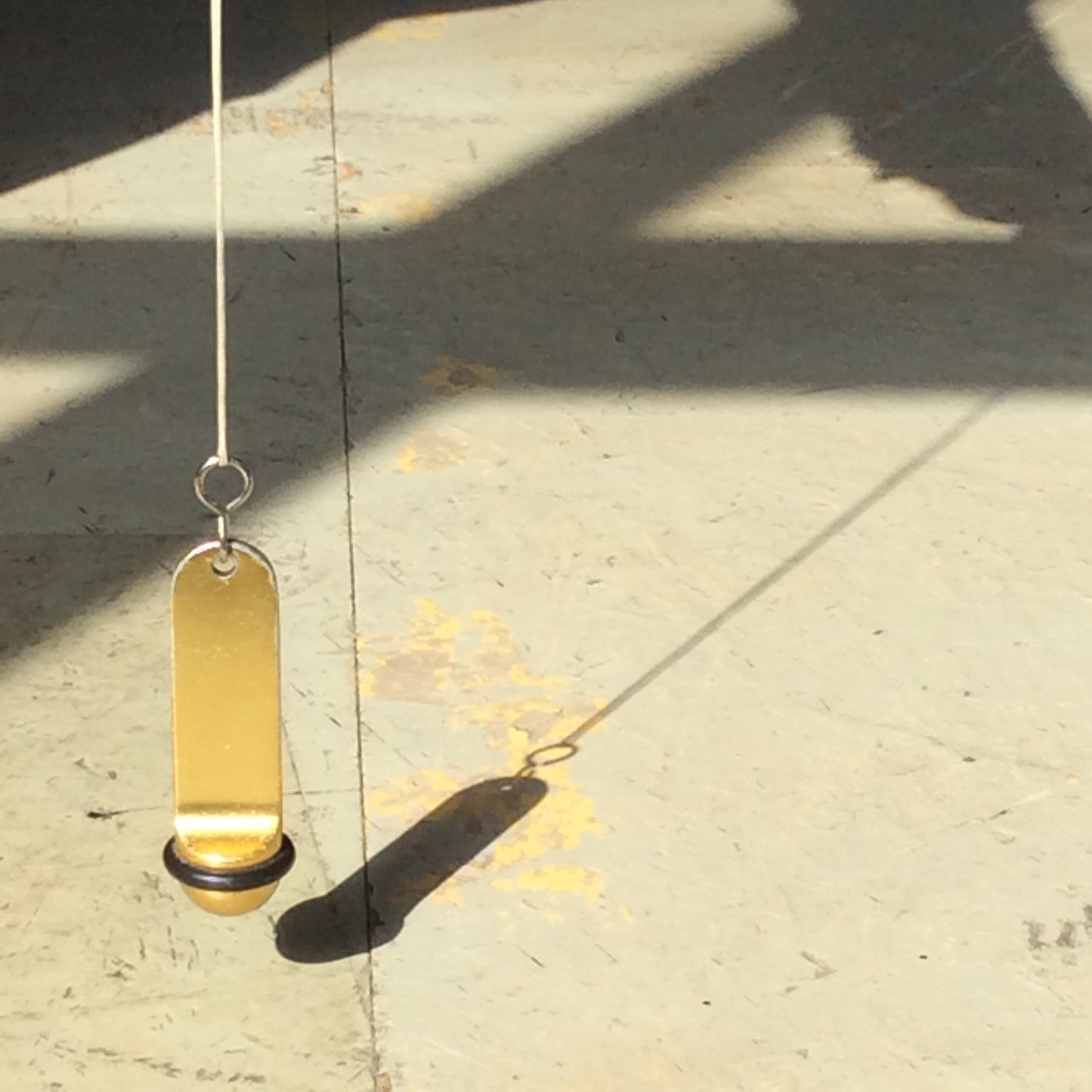
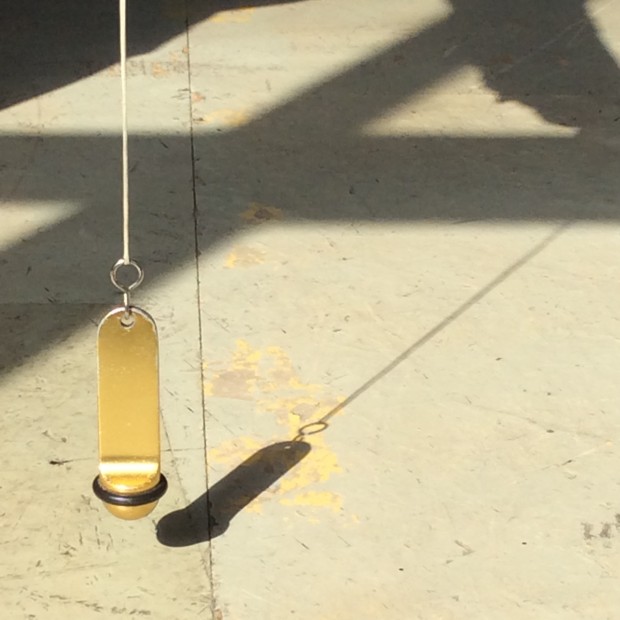
performative publishing
Ricardo
12 May 2015
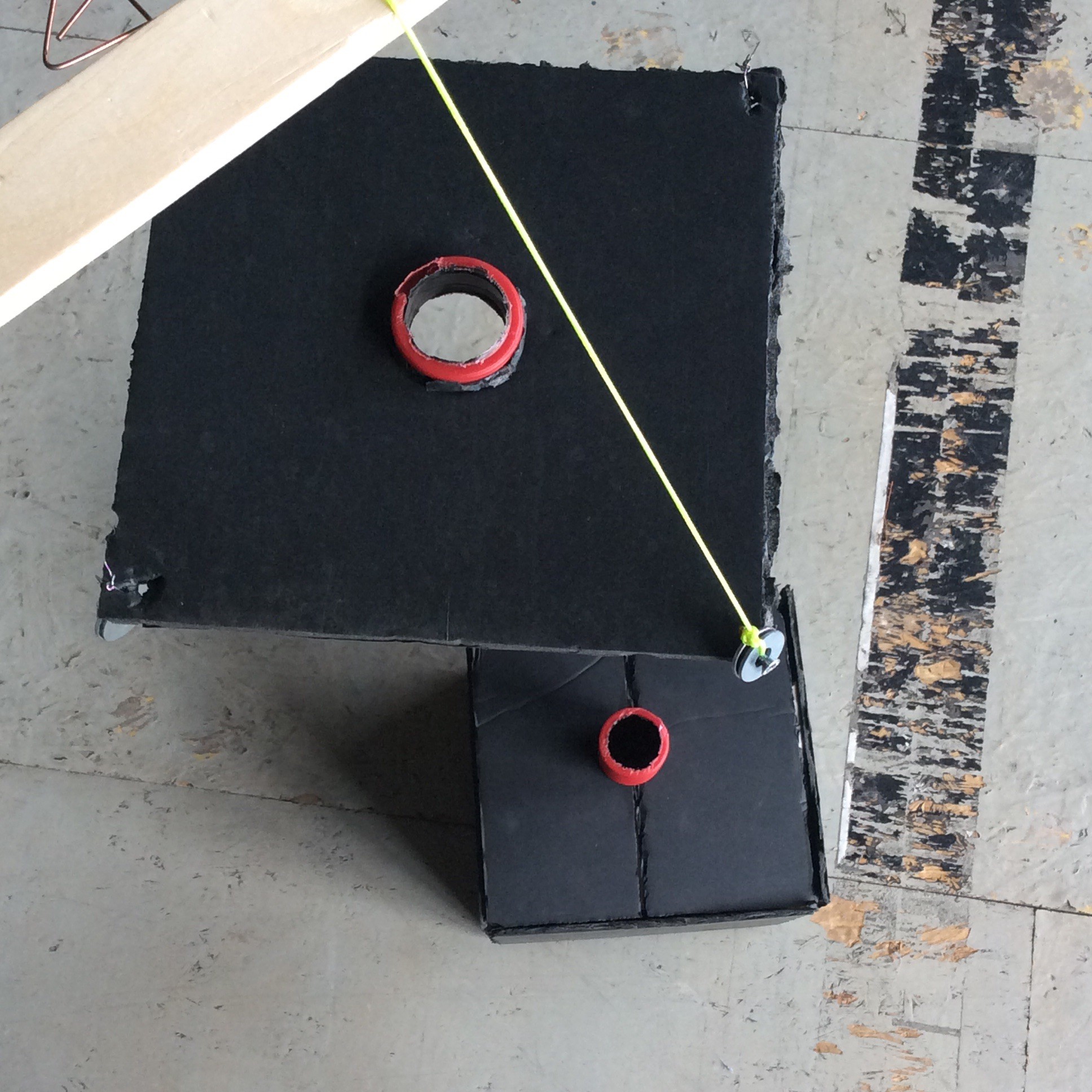
performative publishing
Nicolas
12 May 2015
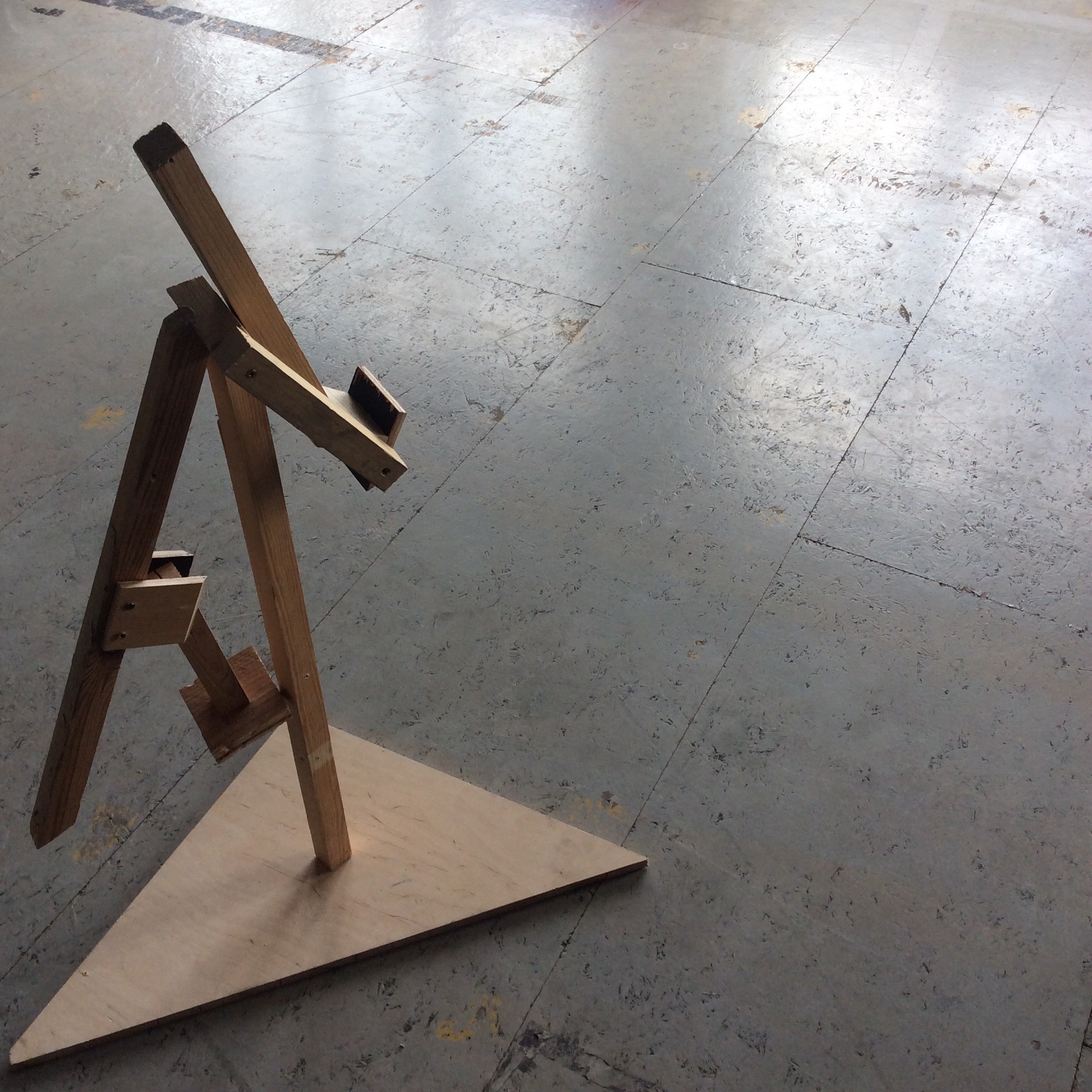
performative publishing
Kleoni
12 May 2015

performative publishing
Veronica
12 May 2015
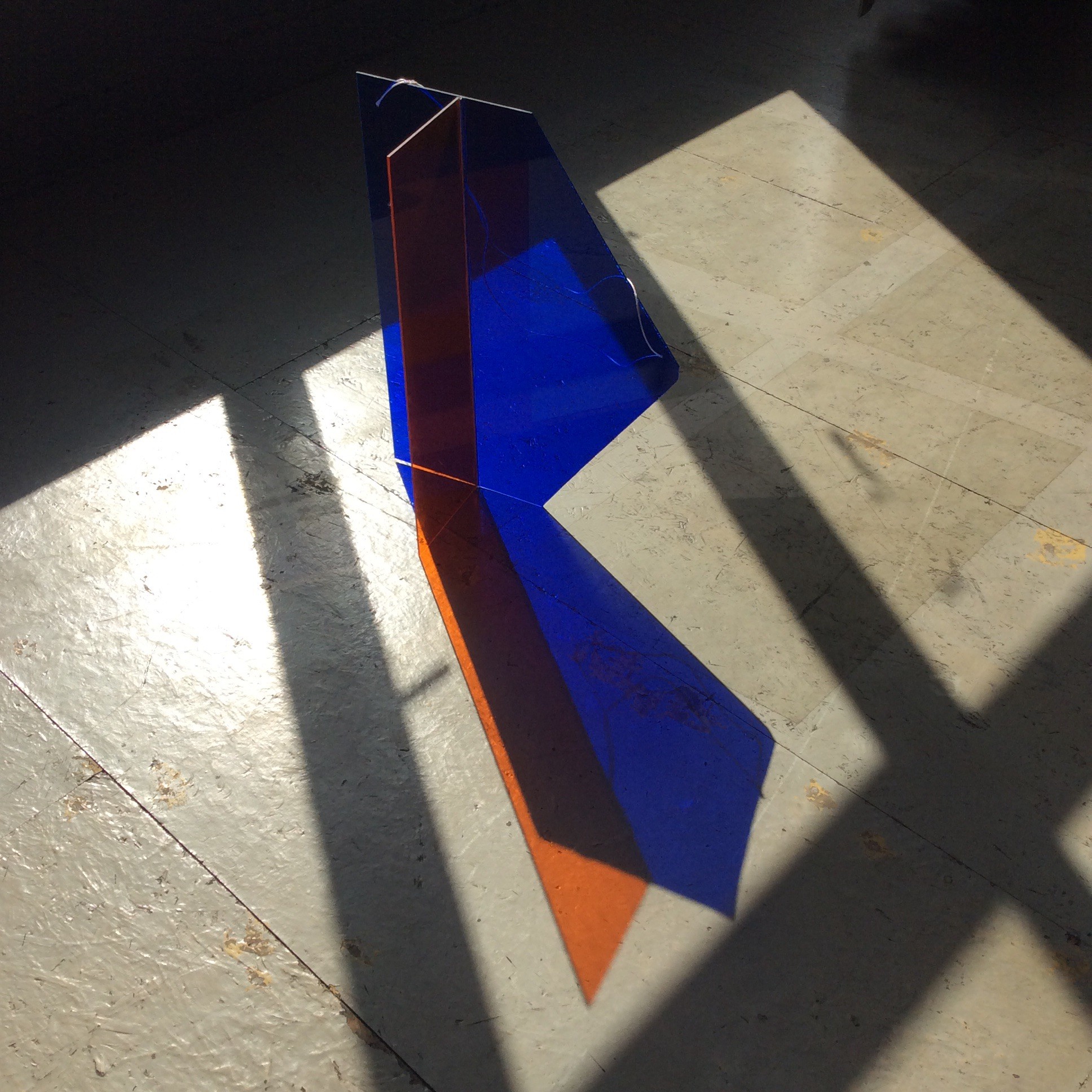
performative publishing
Pierre / Super power
12 May 2015
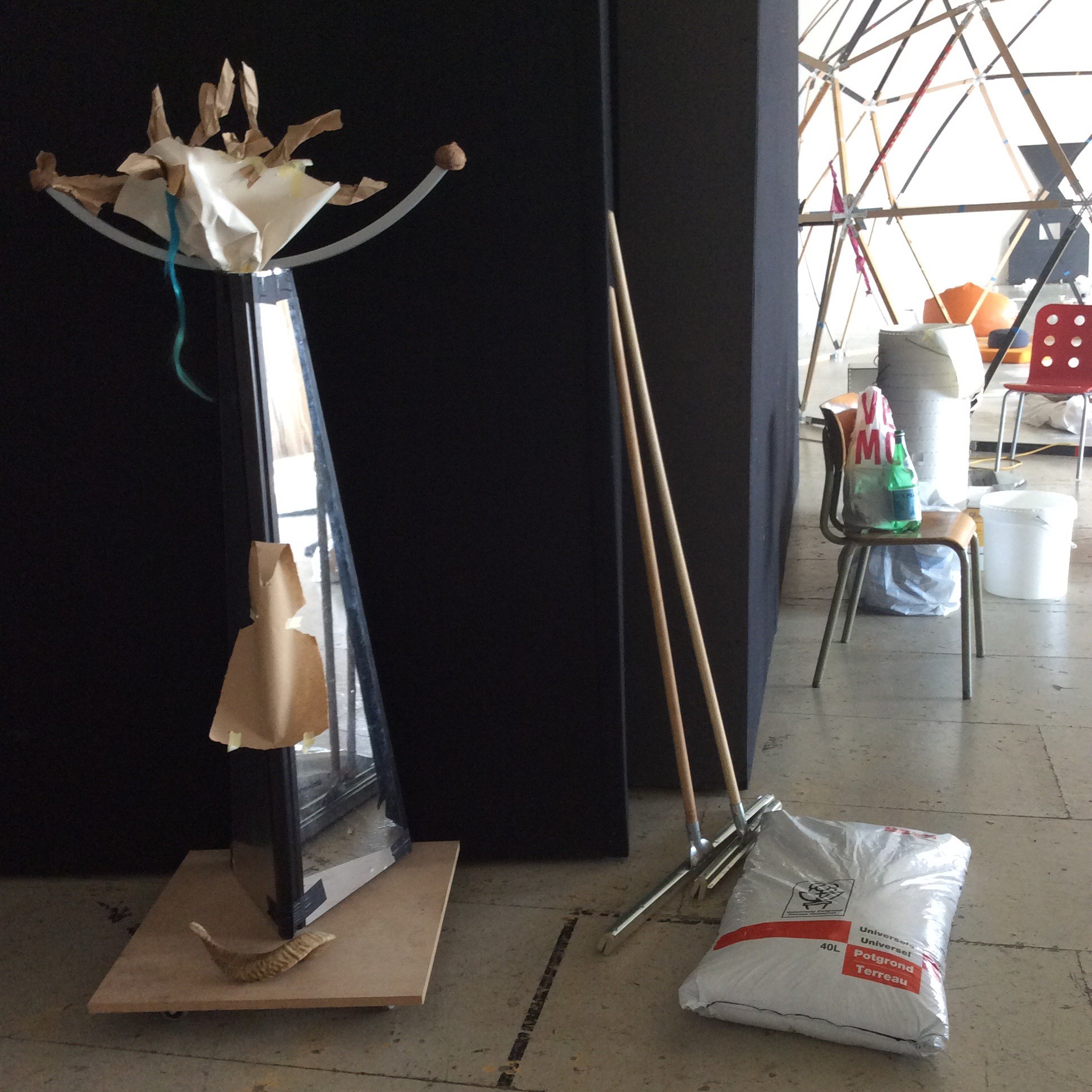
reading session
Culture: The Universal Animal – Eduardo Viveiros de Castro
13 May 2015
Contribution for the discussion about totemism, animism, and naturalism. Lecture by Viveiros de Castro. "Animism could be defined as an ontology which postulates the social character of relations between humans and non-humans: the space between nature and society is itself social. Naturalism is founded on the inverted axiom: relations between society and nature are themselves natural. Indeed, if in the animic mode the distinction "nature/culture" is internal to the social world, humans and animals being immersed in the same socio-cosmic medium (and in this sense, "nature" is a part of an encompassing sociality), then in naturalist ontology, the distinction "nature/culture" is internal to nature (and in this sense, human society is one natural phenomenon amongst others). Animism has "society" as the unmarked pole, naturalism has "nature": these poles function, respectively and contrastingly, as the universal dimension of each mode. Thus animism and naturalism are hierarchical and metonymical structures."Read more..
postgraduate program, workshop
Pierre Rubio / Geert Opsomer / Pierre Joachim ECOLOGY OF AFFECTS
25-29 May 2015
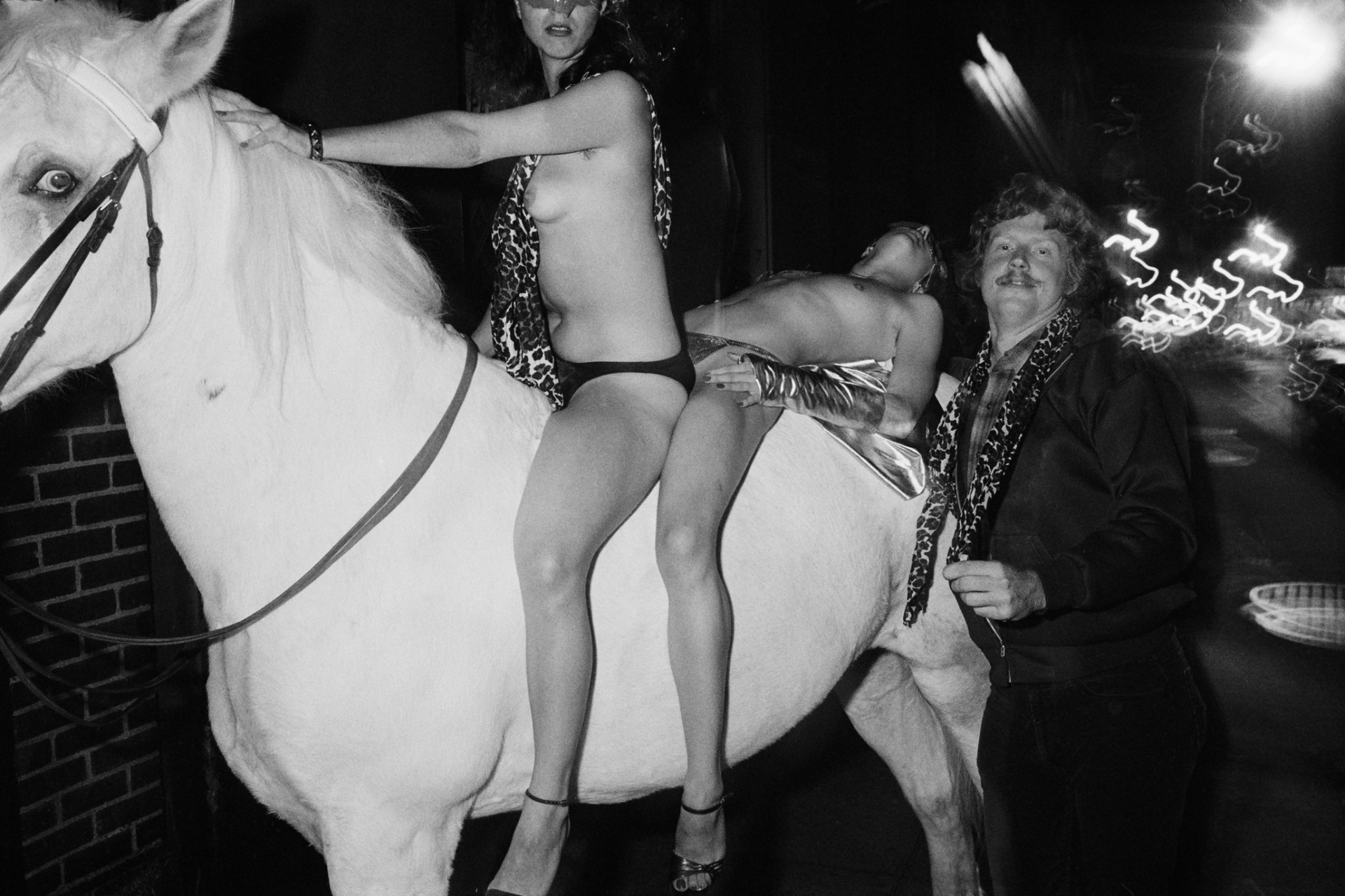
Read more..
postgraduate program, workshop
Sara Manente / Marcos Simoes THIS PLACE
1-5 June 2015 / a.pass
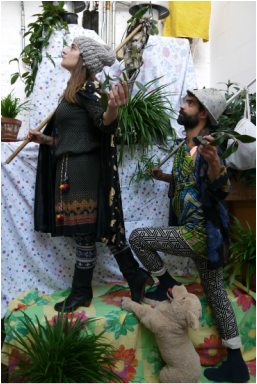
Read more..
postgraduate program, workshop
Abu Ali * Toni Serra THE UNSEEN WORKSHOP
8-12 June 2015
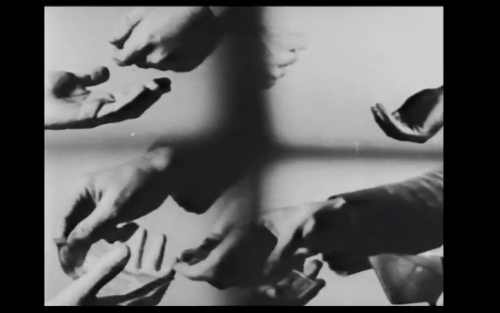
Read more..
postgraduate program, workshop
Oscar Parada TOWARDS A COLLECTIVE RITUAL
22-26 June 2015 / a.pass
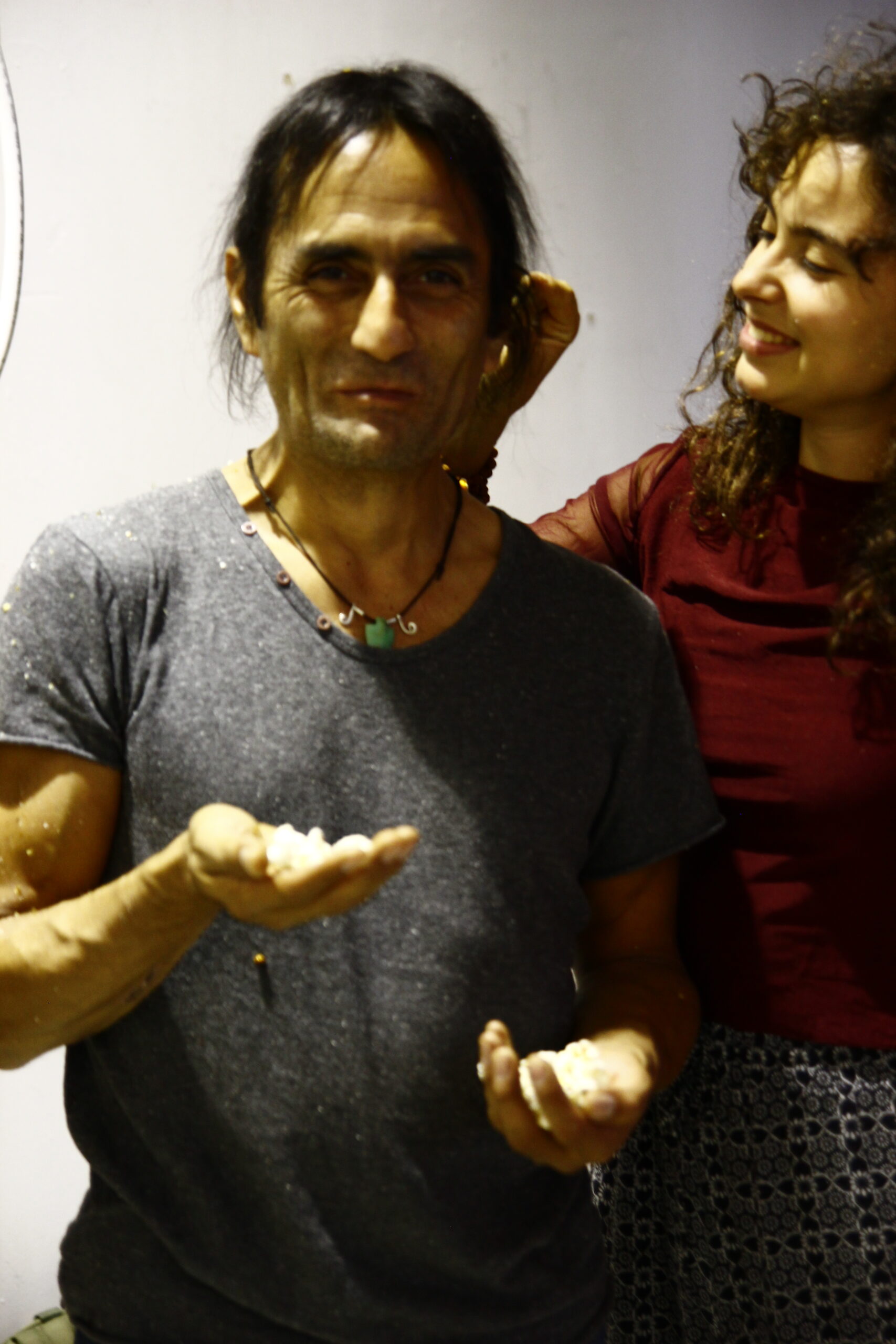
Read more..
performative publishing, postgraduate program
Magic Night / Crystal Seeds
15-15 July 2015
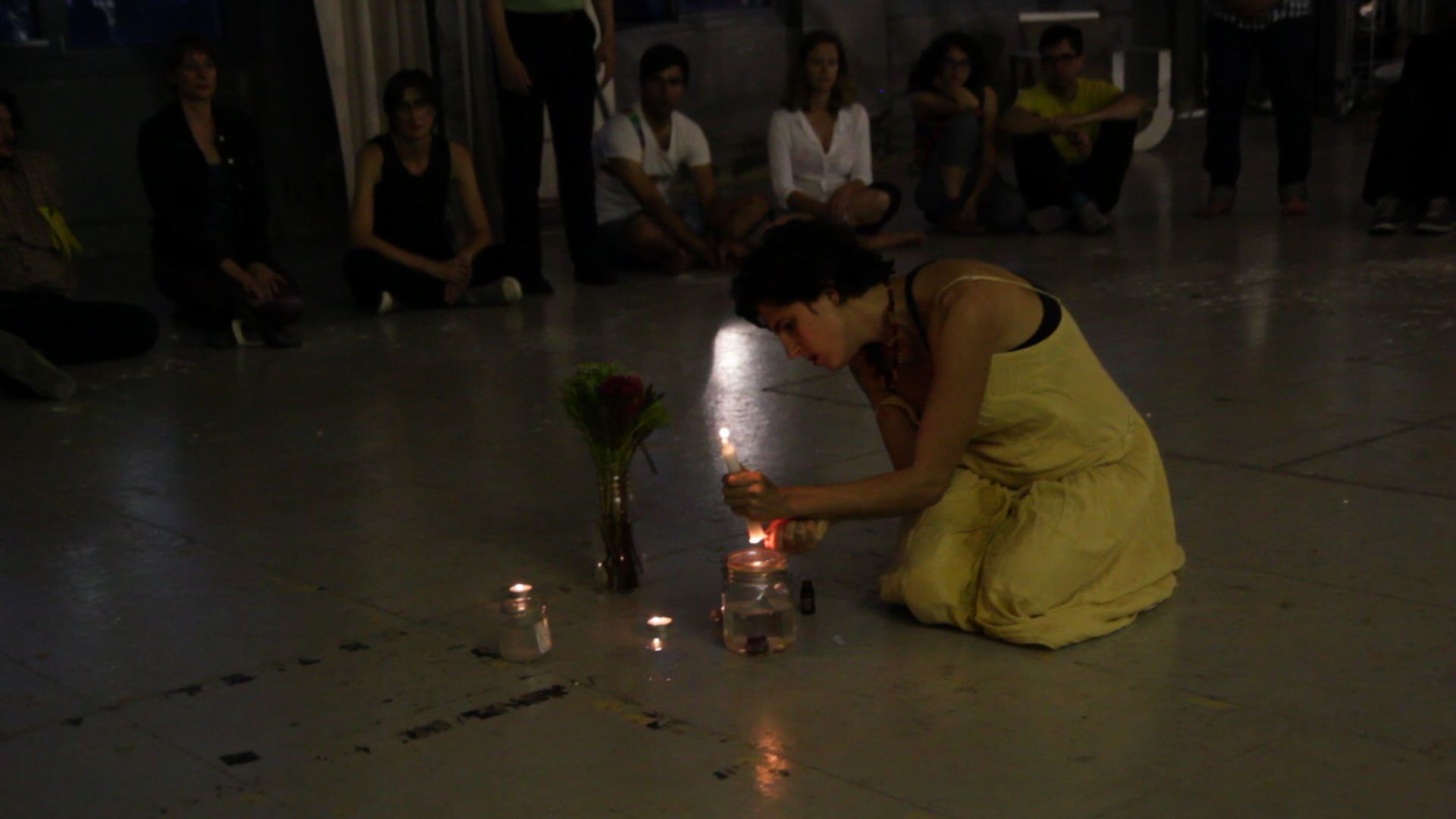
Read more..
performative publishing, postgraduate program, research center
MAGIC NIGHT
24 July 2015
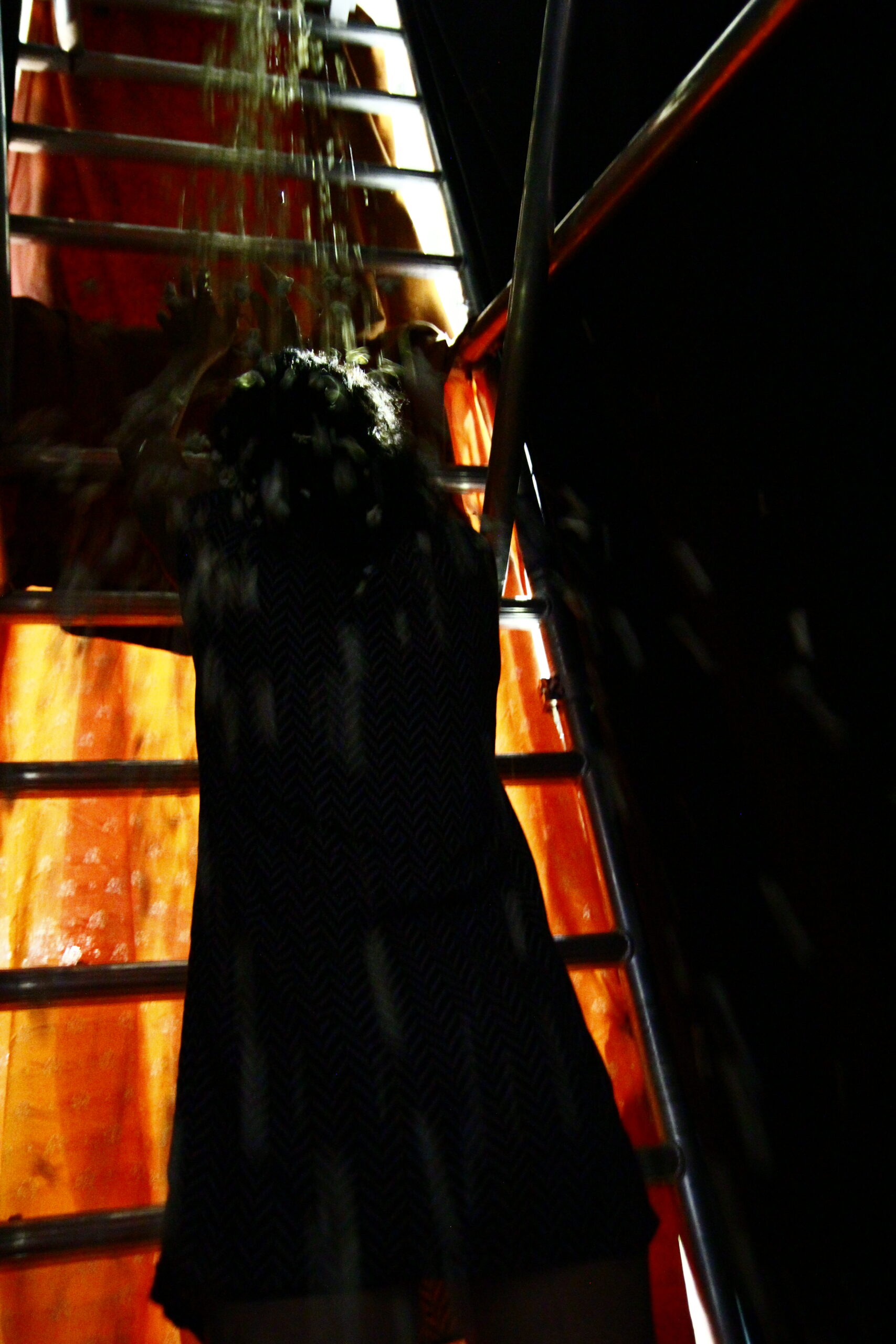
Read more..
performative publishing, postgraduate program
Self Interview Draft Kleoni Black / Kleoni Pink and Green
31 July 2015
On the other hand I remember when I was living in New York, I had a friend that was making fun of my vegetarianism, he was asking how living in a city like New York could be an ethical choice. Just the existence and sustenance of this city means the death to other life forms. It is complicated but urgent. A very difficult taskRead more..
performative publishing, postgraduate program
Self Interview draft Thiago written / Thiago transcribed
31 July 2015
Thiago’s Self-interview I write in Italic. I make the questions. Sometimes I explain things for you, the one who reads. I am a bit smarter than the others, but I don’t have a color. I am… I am a recorded voice transcripted. I am another voice, written.Read more..
performative publishing, postgraduate program
Self Interview Draft Pierre/Pierre
31 July 2015
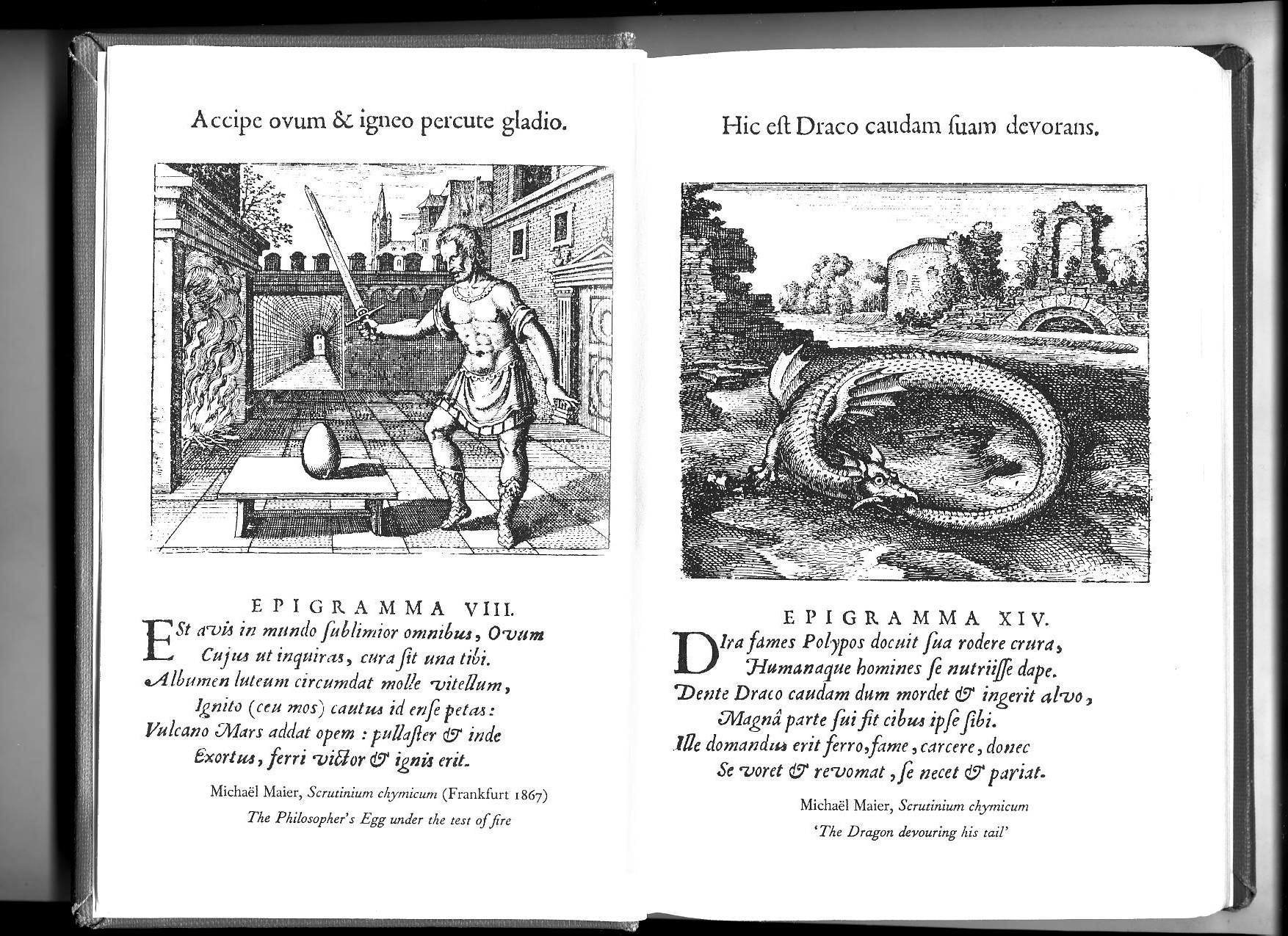
Read more..
postgraduate program
UNTOUCHABLE/UNACCEPTABLE/INTANGIBLE
CURATED BY ELKE VAN CAMPENHOUT & NICOLAS GALEAZZI & PIERRE RUBIO
1 August 2015
about the imaginative aesthetics of change
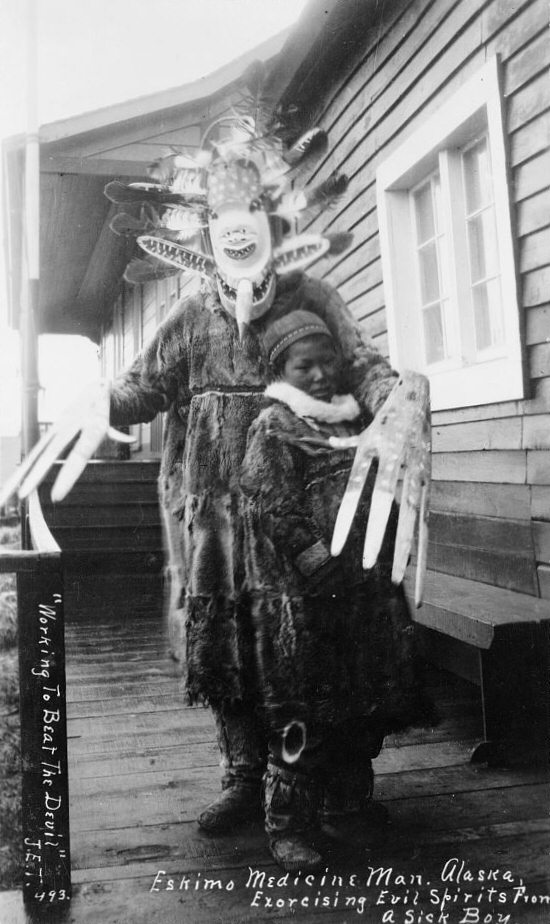
Read more..
performative publishing, research center
Bureau d'Espoir SELF-INTERVIEW Elke – Elle
1 September-31 December 2015 / Abbeye de Forest
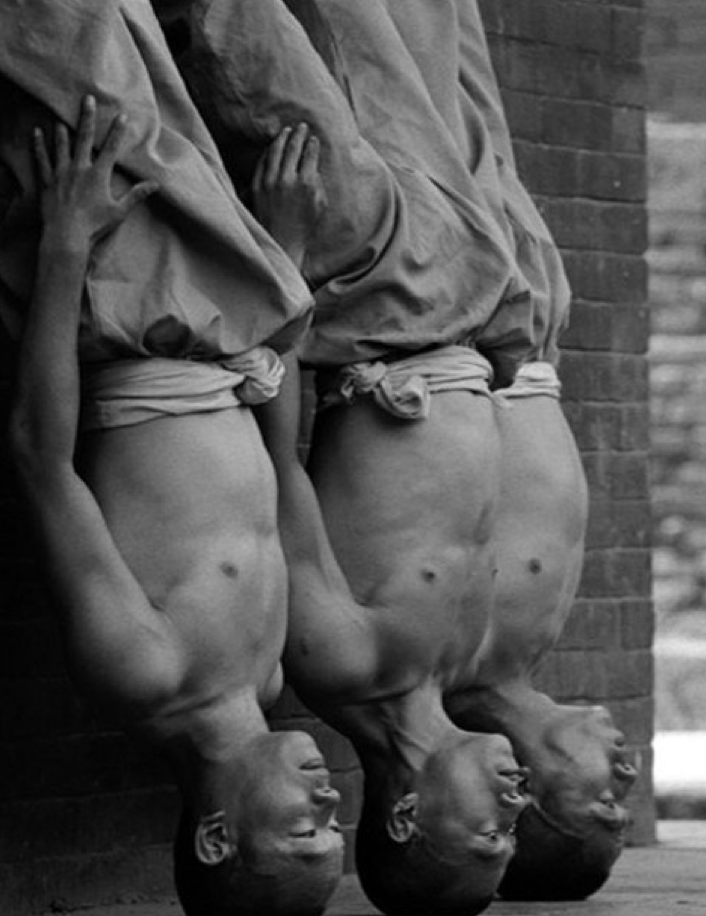
Read more..
performative publishing
Audrey
29 April 2021
